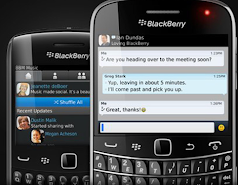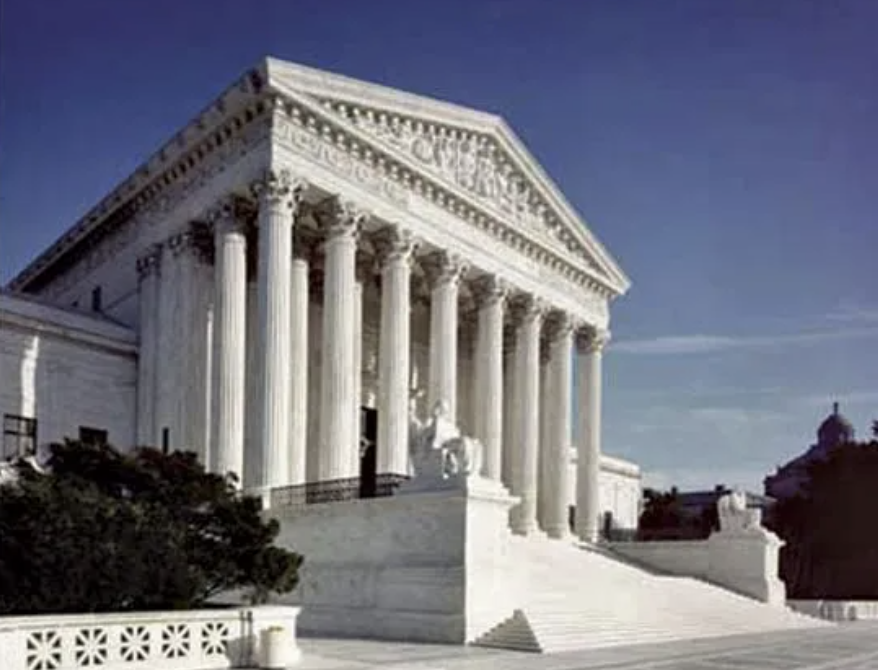While other traditional forms of mass media may be loosening their grip, the news media is still considered an essential player within a properly functioning democracy and a well-informed citizenry. News deserts are geographically based areas where residents cannot access local news, which affects a vast spectrum of society, from civic dimensions to social justice and even personal everyday life. The trend towards the increase and growth in the use of internet-provided news, especially in smaller countries and rural areas, has accelerated with the decline of the traditional print news media. Let us examine the consequences of this development in greater detail and its relevance to particular stakeholders and society at large.
Local newspapers have indeed not survived in their present form and scope, and competition cannot be said to be the cause of their misery. Information in a news format has become possible over the Internet, including the television trend. Since news agencies have been improved by the need to keep up with technology, community support in journalism has increased in the areas concerned.Nonetheless, the negative aspects greatly exceed the positive. Without local news resources, a community faces problems of misinformation regarding local healthcare, education, and the accountability of local authorities. In some cases, they increase the government's expenses and political processes. As the study from the University of North Carolina shows, news deserts have a detrimental effect on people's democracy, accountability of local authorities, and in some cases, increase the expense to the government. Such a gap, on the other hand, creates fewer reasons for citizens to vote or engage in activities that benefit the communities in which they inhabit, thereby loosening the social bonds that hold such communities together.
There are a variety of ways in which news deserts affect society. Local Information Deficit affects society as a phenomenon that endangers democratic oversight as institutions of local journalism play an efficient institutional role and investigate local governments from within, exposing wrongdoing. With the closure of publications, necessary checks on the actions of local authorities and other forces are alleviated. Formal and state structures become more prone to abuses and misuse of power with reduced oversight by the press. Furthermore, and especially in areas where the reporting is not localized, the level of faith in the media continues to plummet as residents struggle to assimilate or feel included within the community.
Another significant repercussion is misinformation. In the absence of community reporting, individuals frequently rely on social media or partisan sources for news, many of which lack standards of objectivism and verification of claims. This facilitates the quick circulation of untrue information, thereby deepening existing divisions among societies.
The consequences of the news desert are not felt evenly. Richer neighborhoods or cities are more likely to offer readers alternative news, either from the Internet or from well-established non-profit journalism movements. On the other hand, poorer and more rural areas have to face the greatest challenge of the loss of community newspapers. Such places are usually short of the resources and market to support new media opportunities and are likely to become news deserts.
Minority communities similarly carry a disproportionate burden. Studies show that neighborhoods with higher concentrations of Hispanic/Latino or other minorities have limited local news coverage. This leads to their underrepresentation, which is a barrier to their active participation in local politics or advocating for their interests.
The same is true for older populations who traditionally consume printed materials and miss news organizations' transitions toward the digital world. Younger people may have the training to utilize online news, but they still face adverse consequences due to fewer trustworthy local information sources. This generation gap tends to magnify the confusion among different age groups and heighten the stress within societies where equality in information distribution is challenging.
For my friends, family, and I, there would be long-term impacts on civic youth engagement and participatory citizenship within the democratic spaces without local news. And while most of us have moved to social media in search of news, these also do not serve the need for targeted reporting at the community level. As one who is readying for the legal profession, I find it evident that geotargeted reporting is critical in law because people need to know the legal or political happenings around them. If this is well done, no glaring disinformation will complicate a simple situation and even intimidate some people to vote or seek healthcare or laws.
My extended family, including elderly relatives, could be among the first to be affected by a move from mass media. They tend to avoid seeking information from the internet, and to exacerbate the situation, unity would have no local newspaper they trusted.
As the number of news deserts increases, it is evident that there is a need to change the strategy of how one supports community journalism. To be effective in this strategy, funding shall emanate from individuals, government policies, and the public to fill the gaps created by the demise of print media. As citizens, we also have ways to help enact legislation, such as providing local news organizations tax breaks or hiring aides to prevent business news facilities in poor neighborhoods from closing down.
That said, although anyone can predict how the news will be in the future in 'global cities,' the need for localized information goes beyond accuracy. It is critical to stress that promoting such mechanisms is more efficient than acquiring news-gathering habits because it caters to both the parochial and mass assembly of society regardless of its geopolitical and economic status.






























